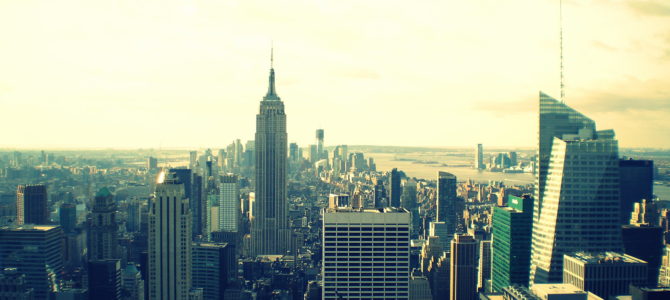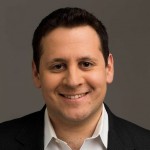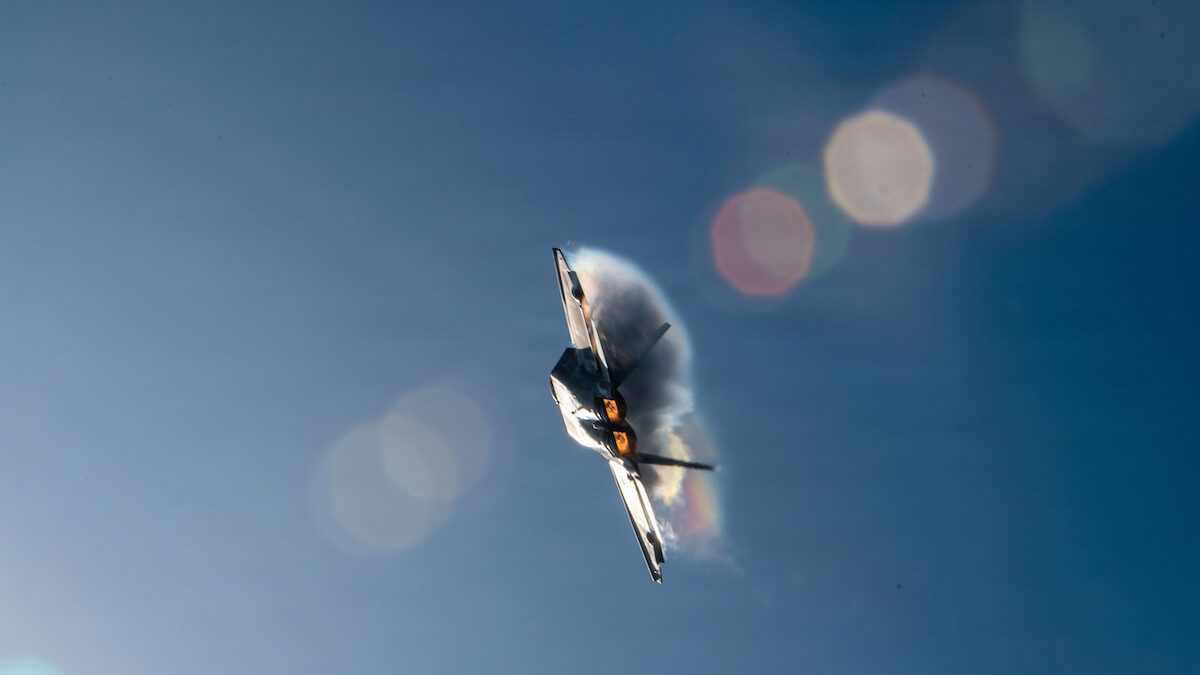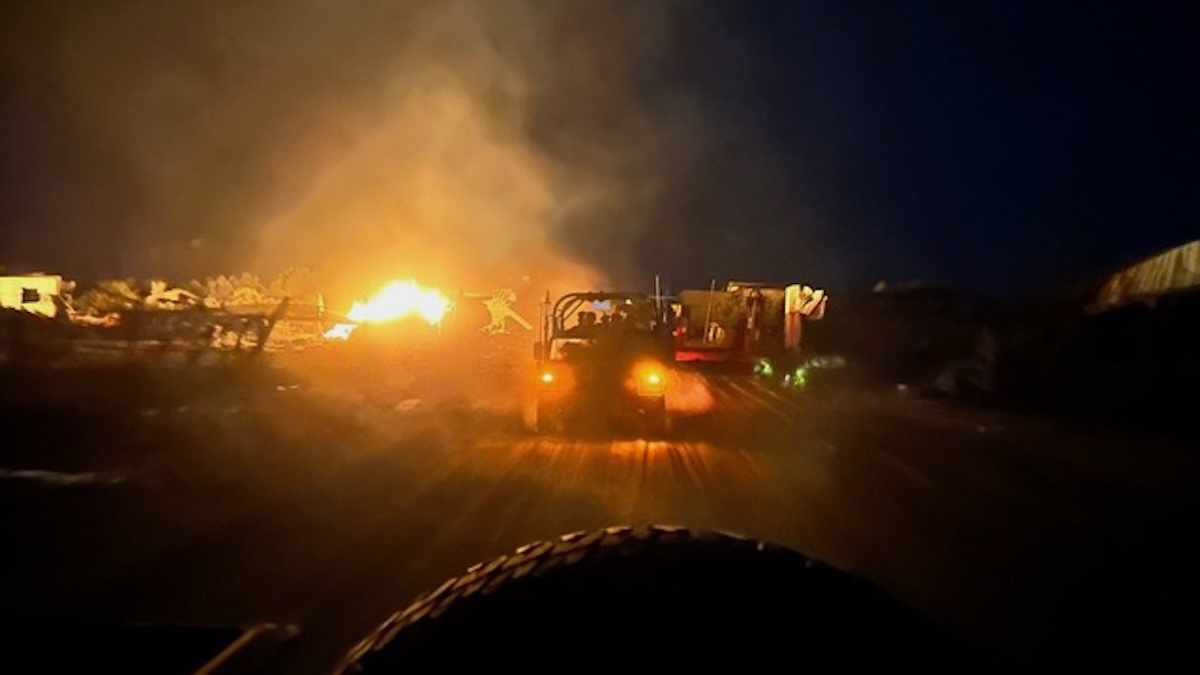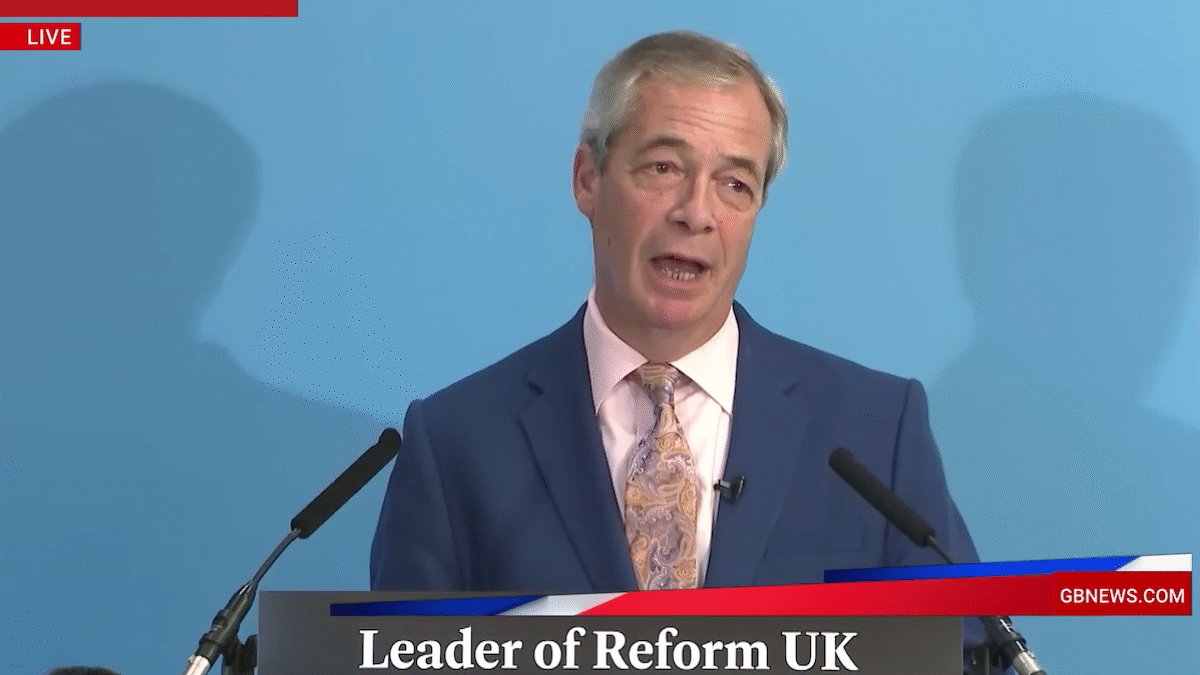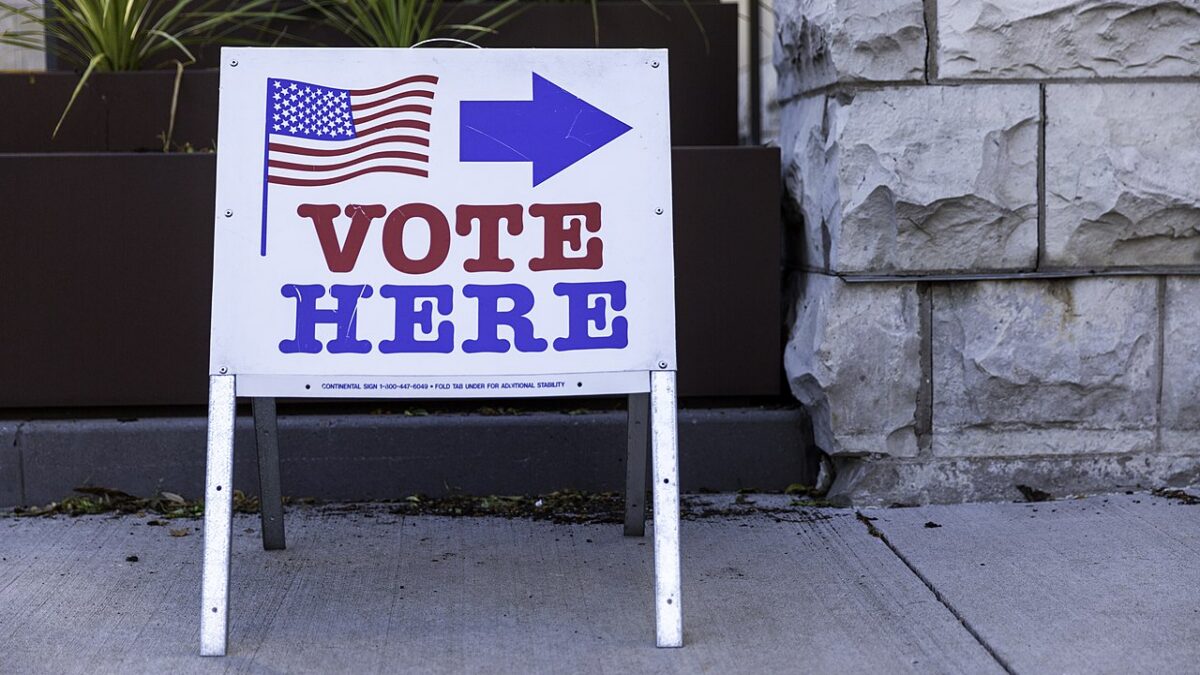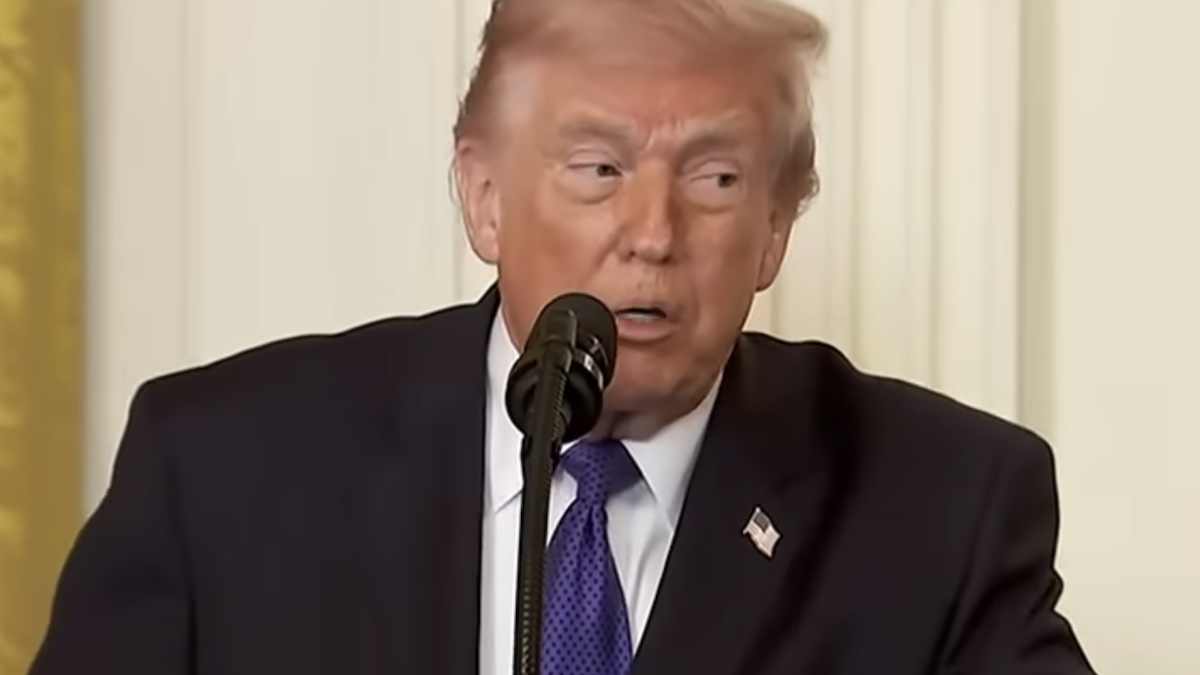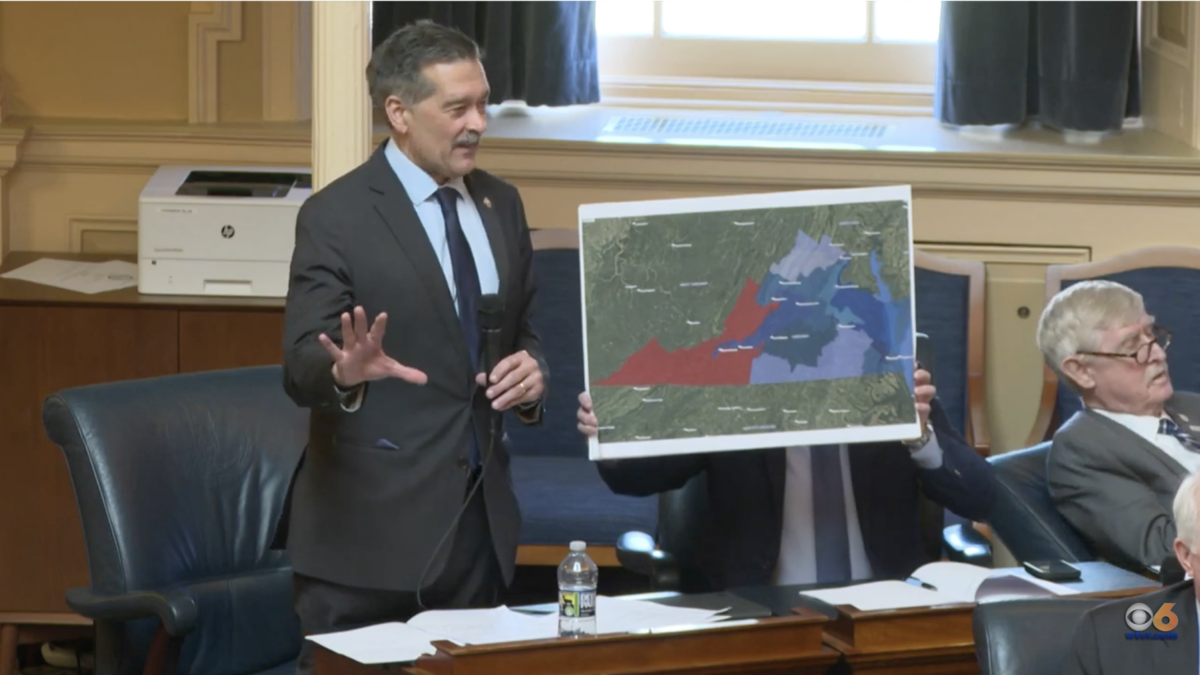“Will you please report to the main office?”
Those staticky words, preceded by the names of my classmates, echoed over and over again from old junior high school loudspeakers 20 years ago this Saturday. They still echo in my mind today.
The drumbeat of student dismissals banged on for what seemed like an eternity. Growing up a short 40-minute drive from lower Manhattan in a New Jersey suburb of city commuters, each call hinted at the worst of possible fates for my classmates.
One of them would never see his father again. Others would return home to hugs and kisses from parents vowing never again to speak of what they had seen.
“A small plane hit the World Trade Center,” someone had reported early that morning in the lunchroom before classes commenced. We thought it about as credible as any other middle school rumor — we shrugged it off.
Yet the ashen faces of teachers, and the non-classes that droned on, agonizingly quietly, told my eighth-grade classmates and me a different story: Something incomprehensibly terrible was afoot. I wondered if my father, who I vaguely understood was working on a project in the Wall Street area, was okay.
Suddenly, a deluge of additional wild rumors broke out — that the White House was hit; that the Empire State building was hit too; that America was under attack.
For those in my classes, we saw nothing. The TVs in the few rooms equipped with them remained off. Perhaps it was for the best, though at the time I remember feeling livid to have been in the dark.
It was a perfect fall day in a leafy town at the start of a school year filled with promise. And it was the day that my classmates and I, our generation, and arguably the country itself lost our collective innocence. Nothing would ever be the same again.
It wasn’t until early that afternoon when my mother came to pick me up from school, telling me in disbelief “The World Trade Center no longer exists,” that I began to understand the gravity of what had transpired.
I learned that my father was safe. He had called that morning — from his office near the New York Stock Exchange, which he feared might be a target — before my mother knew what was happening, to say he was fine, and was getting ready to move out of his office. He wouldn’t return until late in the day, as he worked to get his colleagues out of New York safely.
Communications shortly after my parents’ call had ceased due to overload and damaged lines. Once home, I saw for the first time the unthinkable images of the events of that day, watched them over and over, and couldn’t make sense of them. I would do the same thing for weeks, transfixed like millions of other Americans.
As I waited for my father to come home, I remember venturing out to the front lawn with my younger brother to have a baseball catch. As a 13-year-old who knew little of the world, that was the only thing that made sense.
When my father finally came home, I recall he had a scowl, and a hurt in his face that I could not remember ever having seen. He was mentally and physically spent, running on fumes. He was covered in soot, and perhaps worse. Over time I would probe him about what he saw, and lament that he had seen it.
I’ll never forget visiting New York shortly after September 11, 2001, and seeing, walled off, from blocks away, the twisted heaping mass of smoldering iron like some crushed Erector Set. I’ll never forget the plume of smoke that seemed to billow over Ground Zero for months thereafter. I’ll never forget first seeing our old Volvo station wagon, stranded in a New York garage for a long time after that fateful day, finally returning home, coated in the same detritus as my father.
That day left an indelible imprint on the lives of every American. I thank God for how lucky my family was. Far too many were not.
What We Should Reflect On Today
It is those families that I think of, and every American should think of, as we reflect on 9/11, and our response to it. As a country, we have dishonored them, and those who have fallen in the decades since while fighting in their name, with policies that have undermined America’s national interest abroad, and our freedom at home.
Epitomizing our failure is the calamitous Afghanistan withdrawal, in which we outsourced American security to and are now partnering with the very Taliban we had supplanted in the immediate response to 9/11. We had armed it with American weaponry, while leaving behind an indeterminate number of Americans and importing tens of thousands of unvetted Afghans. This is the equity agenda applied to foreign affairs.
The nation-building charade that came before the withdrawal also epitomizes the failure. We originally dislodged the Taliban only to help draft a sharia-subordinate constitution that helped build an anti-democracy.
We aimed to graft Western liberalism onto a traditionally Islamic, tribal backwater while lavishing on thugs billions of dollars to keep “order,” and asking our troops to turn the other way on the most unspeakable of acts. We did it all at the cost of thousands of lives, tens of thousands of casualties, and trillions of dollars. This was paternalistic progressivism applied to foreign affairs.
Consider that we sent men and women to fight and die to bring primitive, pre-civilizational Islamists gender studies in response to jihadist attacks. Now, our leaders are running a domestic counterterrorism strategy that targets as a particularly acute threat the very same men and women we sent to fight and die.
This should outrage every American: The way we have dishonored those who died because they had the temerity to live free, and because others cannot abide that, and want us to submit.
Our Worst Mistakes
If we could do it all over again, after 9/11 we would have plotted our response by first studying the enemy and knowing his threat doctrine. Over time, we explicitly forbade that, purging materials that described what jihadists believe, and why they believe it.
Since 9/11 was, on a practical level, an immigration failure, we would have frozen immigration immediately, and put in place laws to ensure Islamists and their aiders, abettors, and enablers could not enter the country. Instead, since 2001 we have imported immigrants from majority-Muslim countries en masse.
Foreign-born terrorists have continued to perpetrate attacks against America, and now we are learning that an estimated hundred Afghan evacuees today have been flagged for terror ties. What rational or sane country would respond as we have, knowing the wreckage that less than two dozen determined jihadists inflicted?
Since the strong horse rules in the Islamic world, we would have responded to 9/11 with overwhelming force in select situations as a signal to anyone who would dare endanger us, or harbor those who would, that any threat to the United States would be mercilessly eliminated. Instead, we got mired in an endless and obviously futile project to make Islamist bastions of Jeffersonian democracy. In our political correctness, sheer naïveté, and useful idiocy, we even changed the name of the original operation so as not to offend Islamic sensibilities.
Our worst enemies could have asked for nothing more than what we have given them — to expend maximum blood and treasure in pursuit of goals that were ever-shifting and unreachable, if even identified.
While we frittered away our dominant geopolitical position, China ascended, becoming our most formidable adversary. To boot, we created a raft of national security and intelligence powers that have been abused and turned on Americans who would dare to raise just the kinds of criticisms raised herein.
That is perhaps the worst mistake our enemy goaded us into. We have diminished liberty and justice in an effort that was supposed to defend the country against enemies who threatened those ideals.
How Should We Honor the Fallen?
How should we honor the fallen after these dejecting decades?
We should be America once again — not a decadent, woke, rump kowtower to a gulag state; not a briber of mullocrats that bends over backward so as not to hurt the feelings of seventh-century throat-slitters who see weakness as an invitation to attack; not a nation that puts its warriors through struggle sessions, makes them social workers and babysitters in hellholes, and asks that they do it all while hamstrung with suicidal rules of engagement that privilege their enemies.
We should once again be a nation that cultivates excellence; that instills in its people confidence; that creates patriots. America — exceptional in the history of mankind — must be loved, cherished, and defended.
The United States is a great country. It needs defending. If our current trajectory continues apace, there will be little left to defend, and even fewer left willing to defend it.
Those who have died over these last 20 years must not have died in vain. Let us honor them with how we live.
